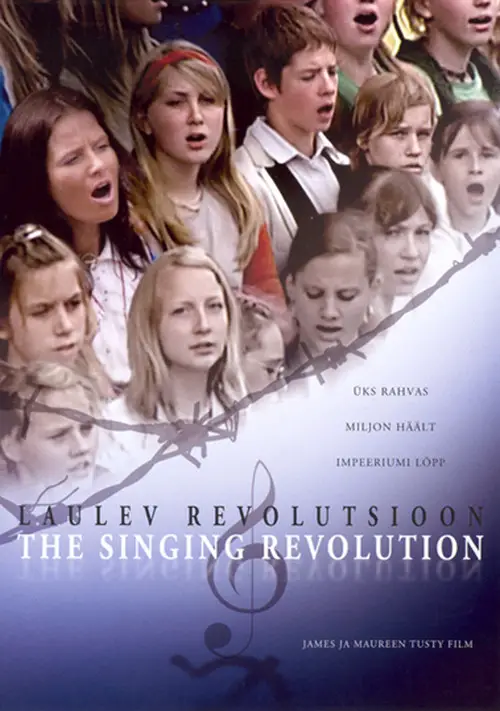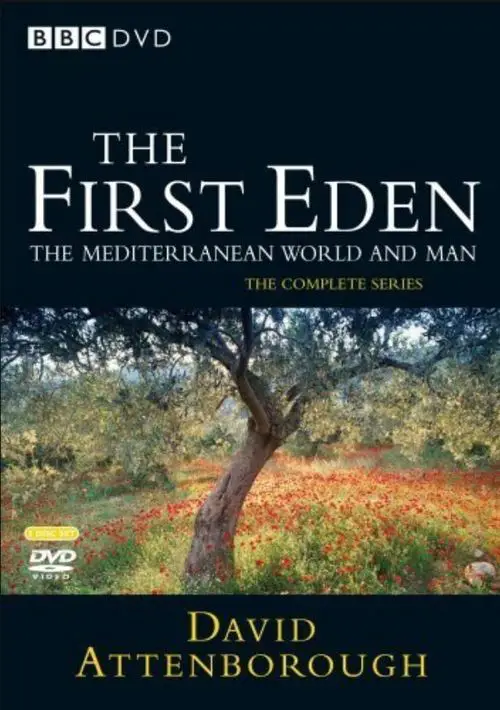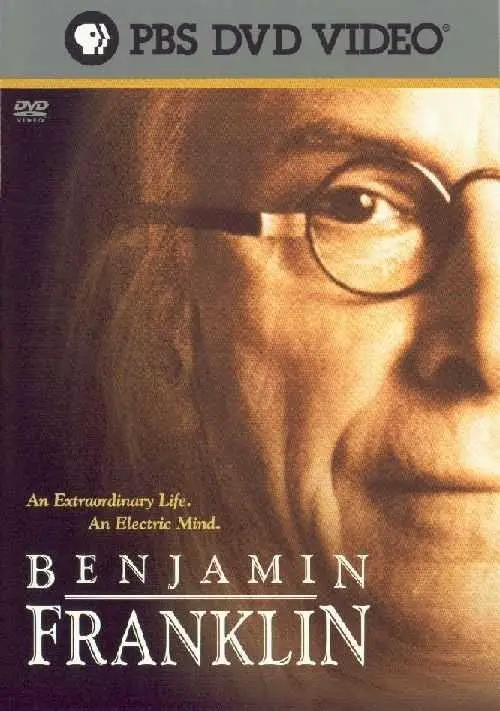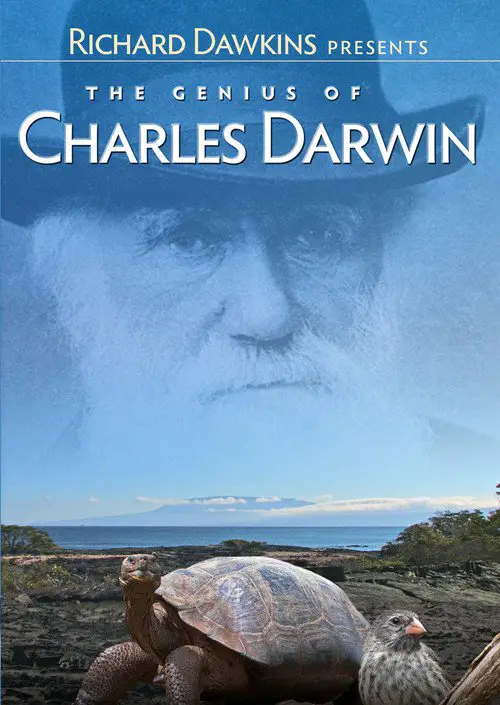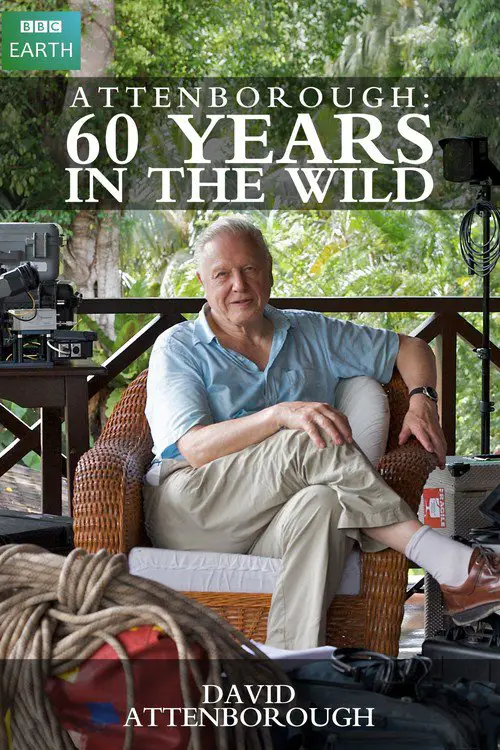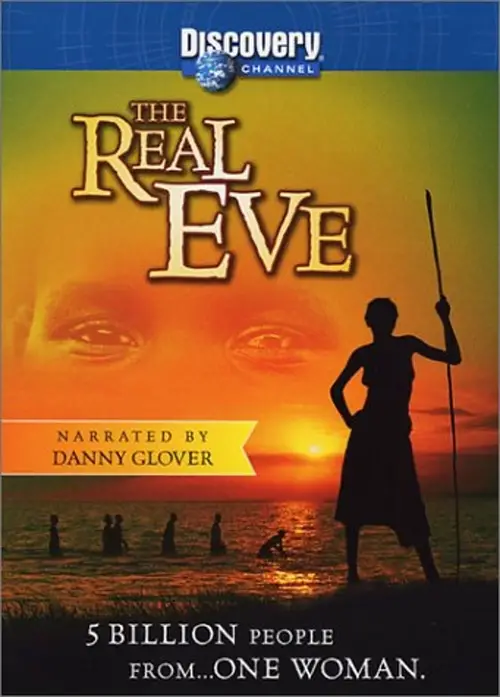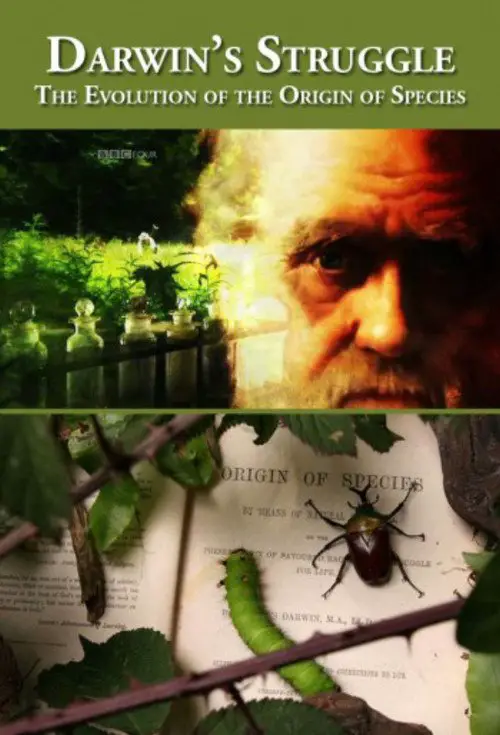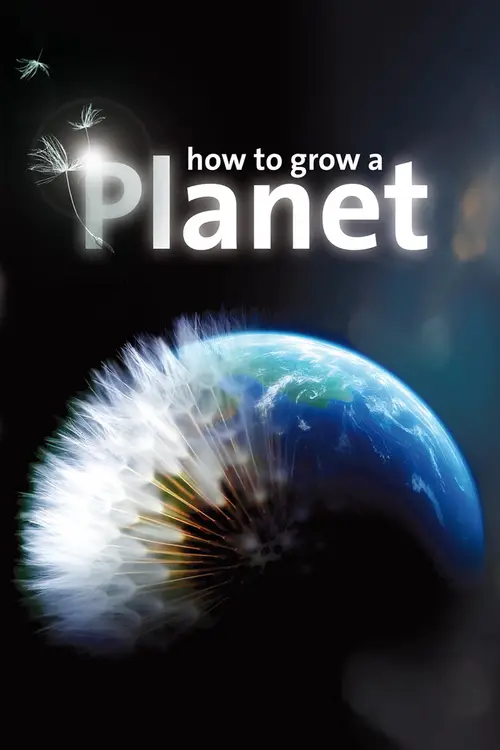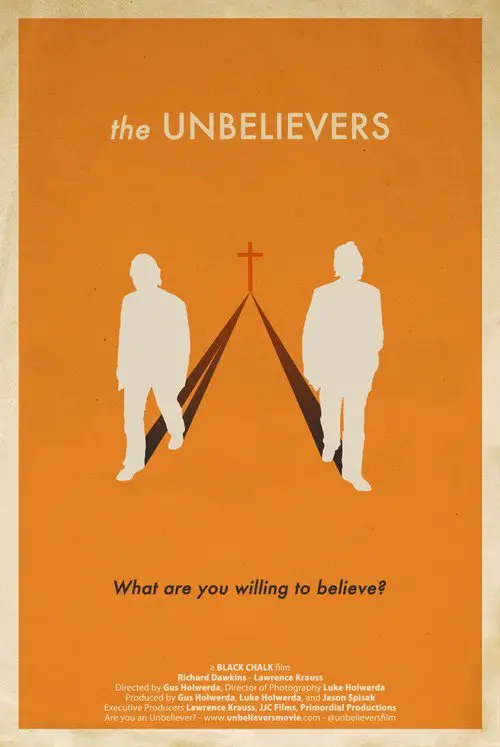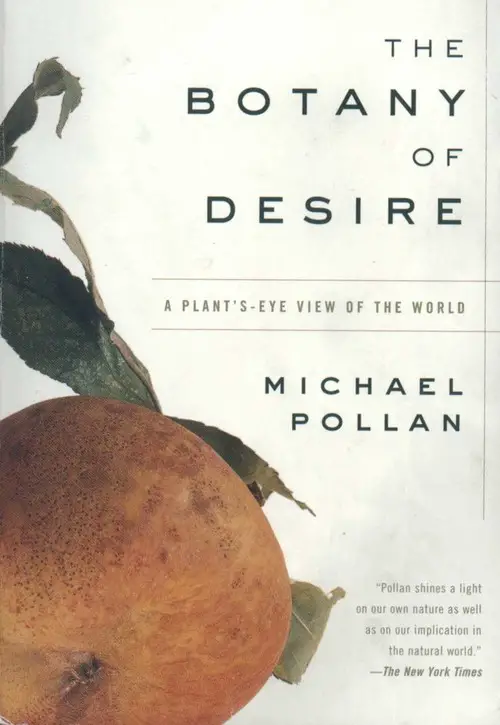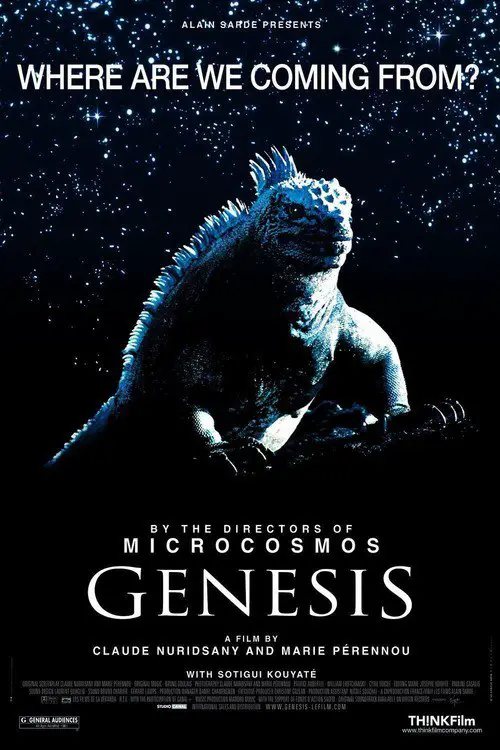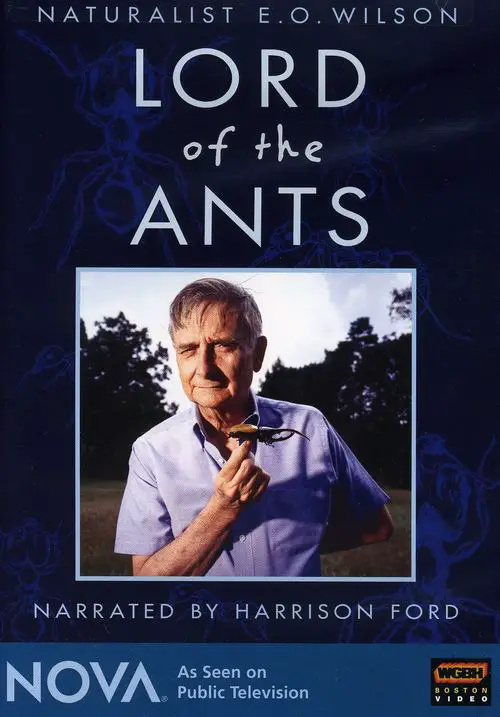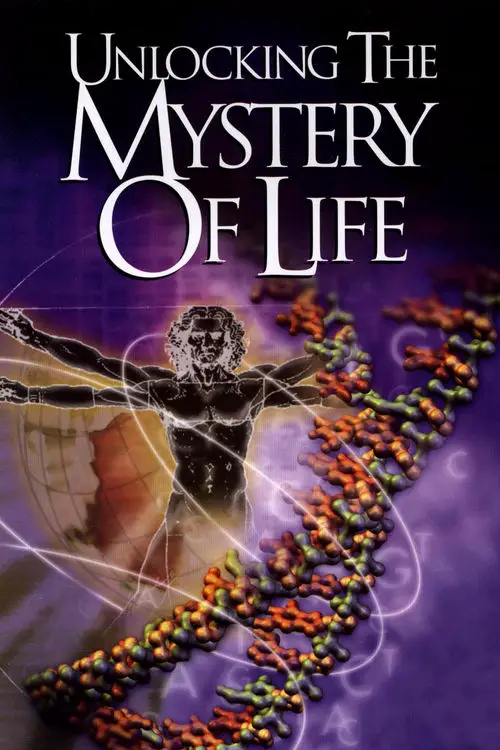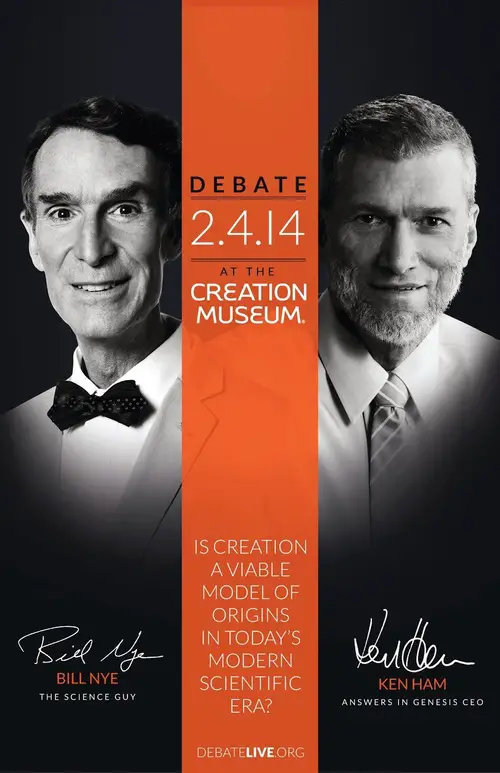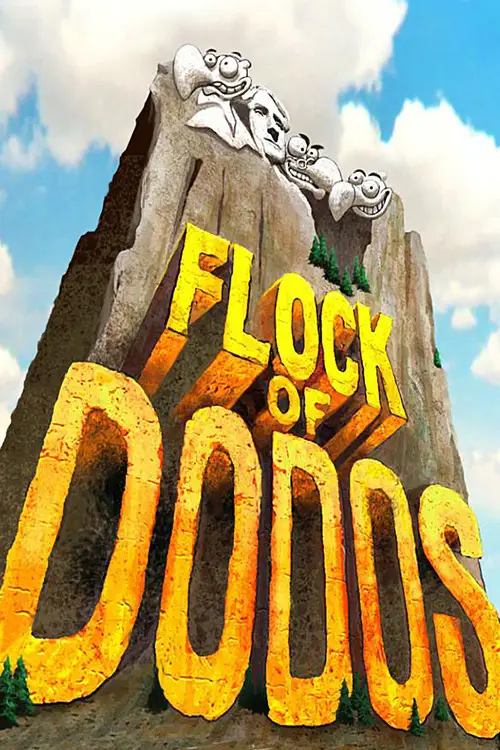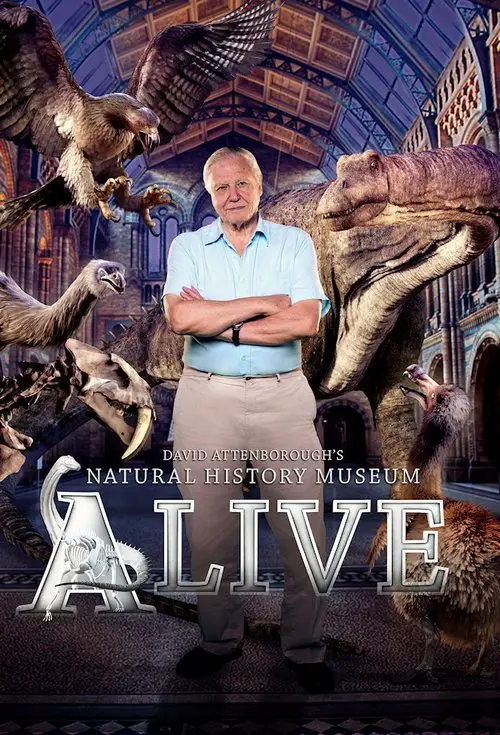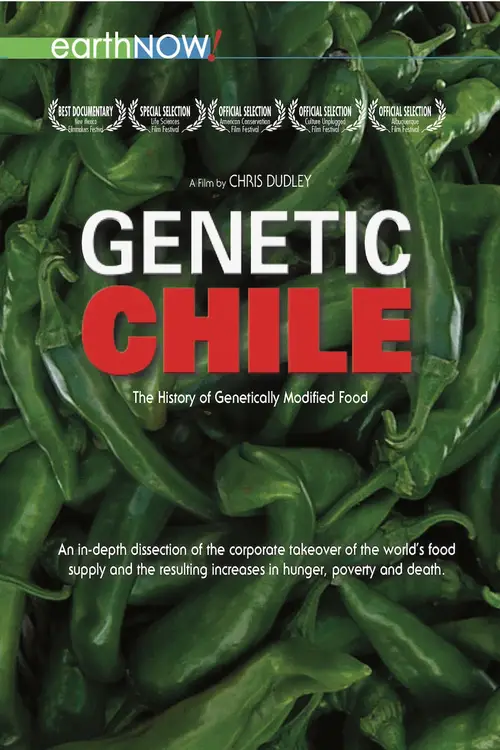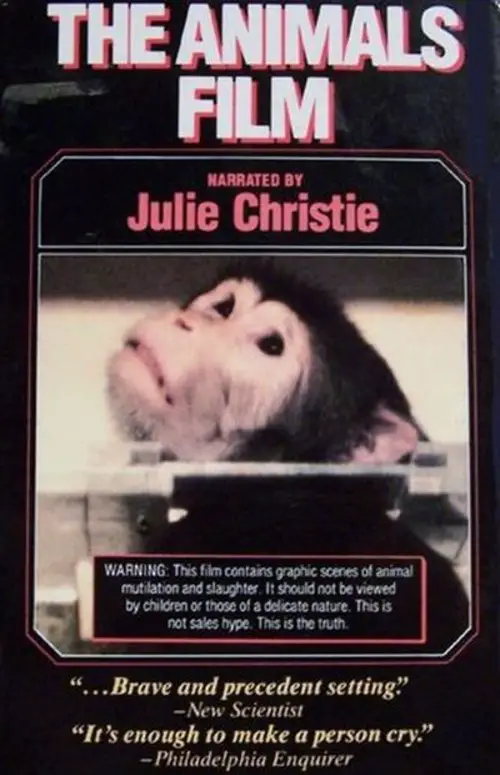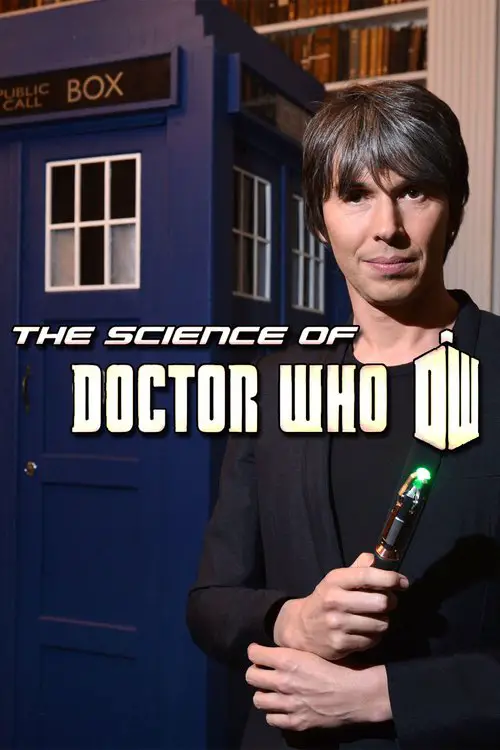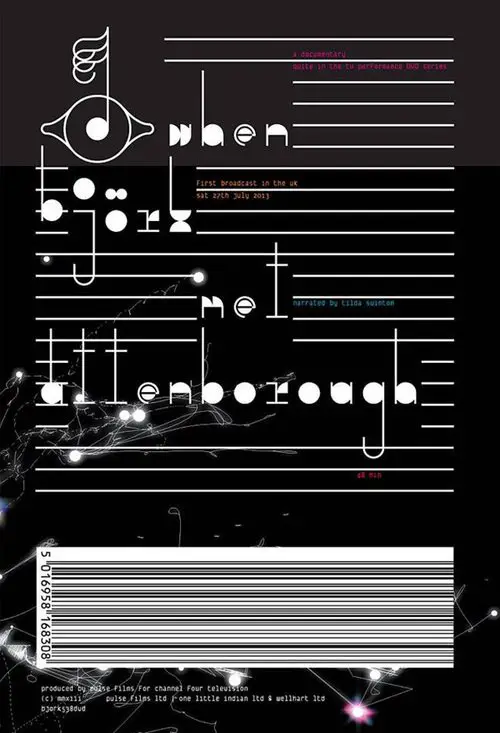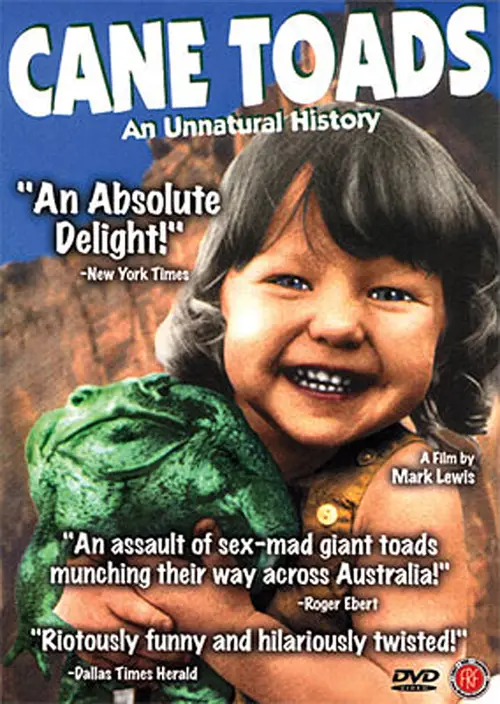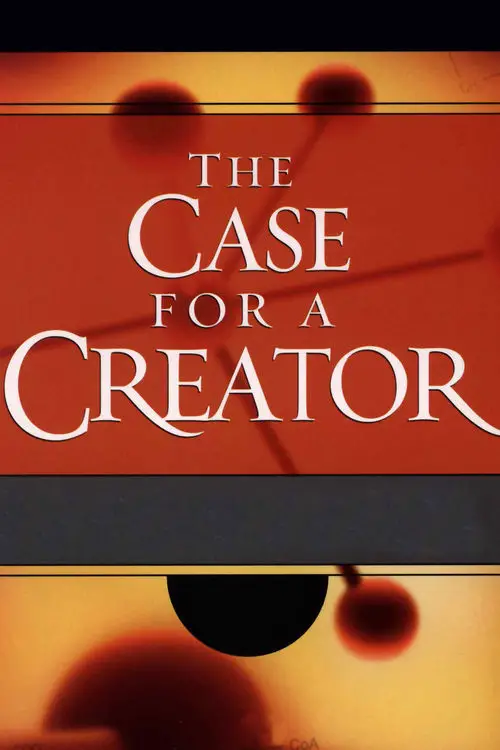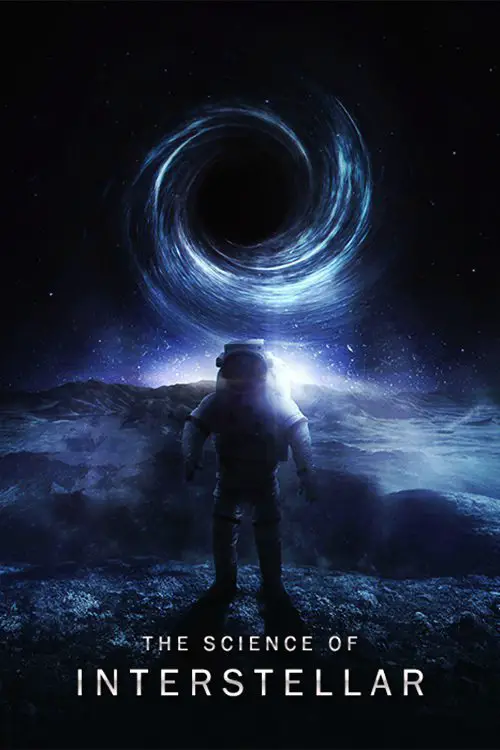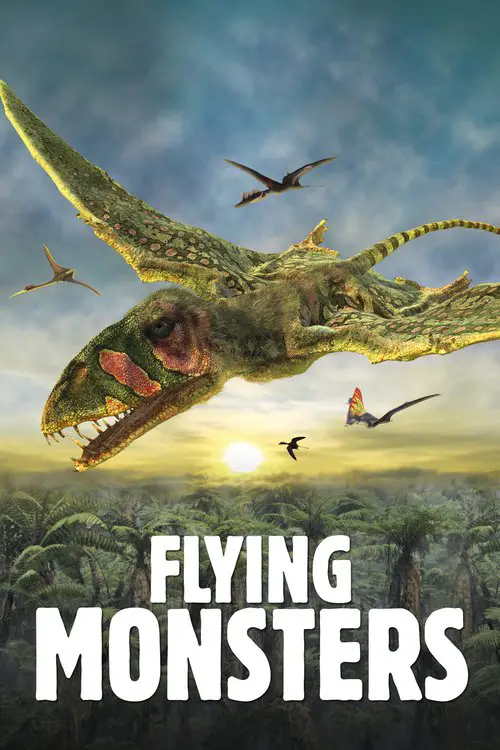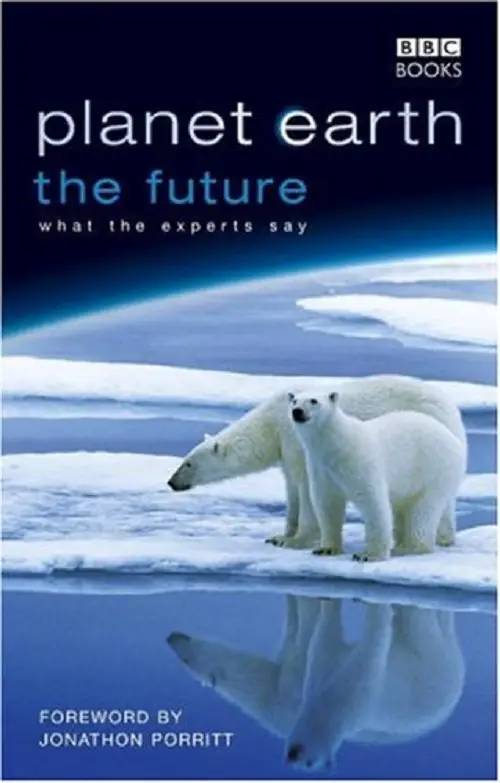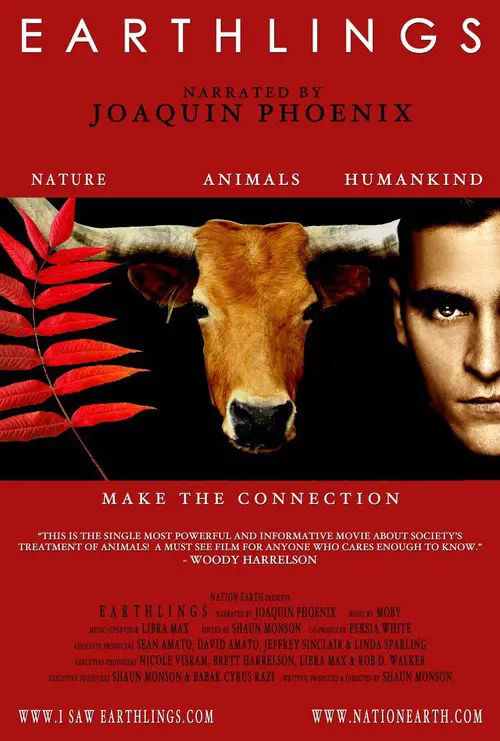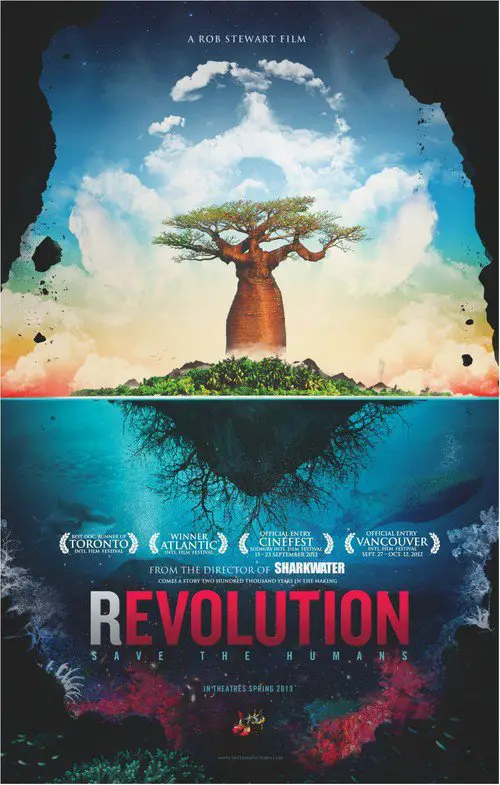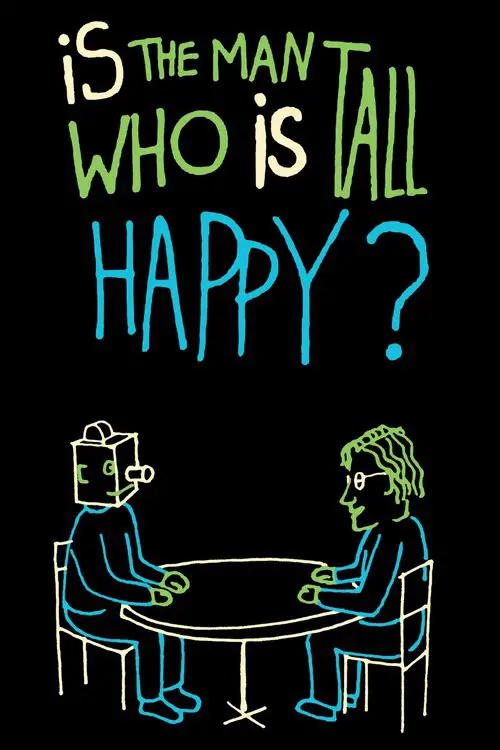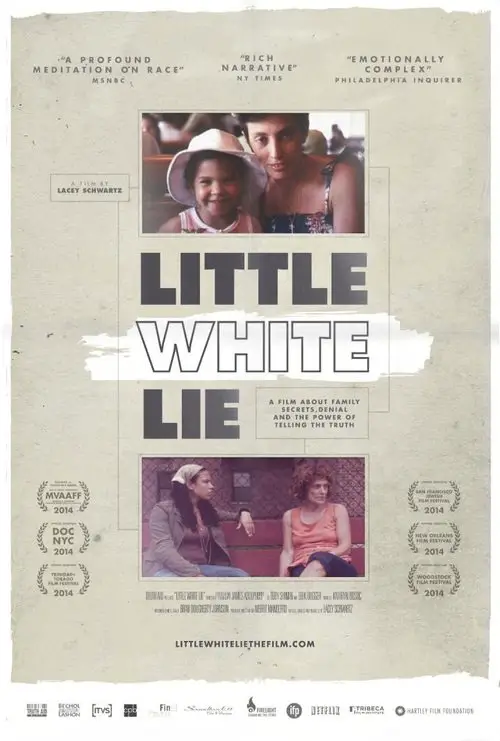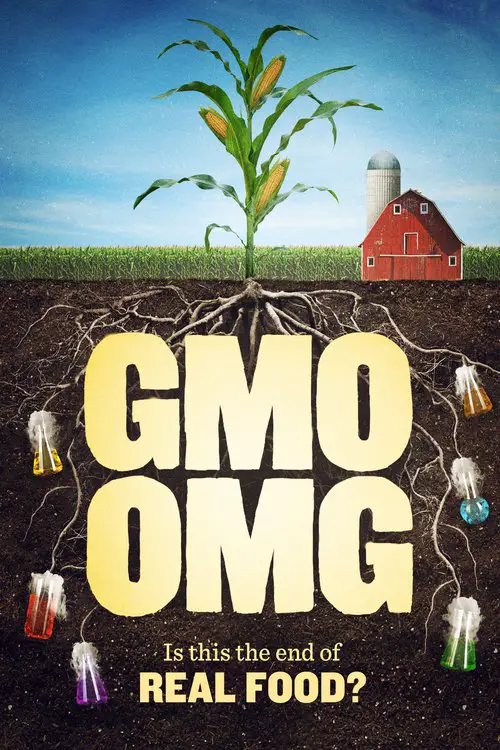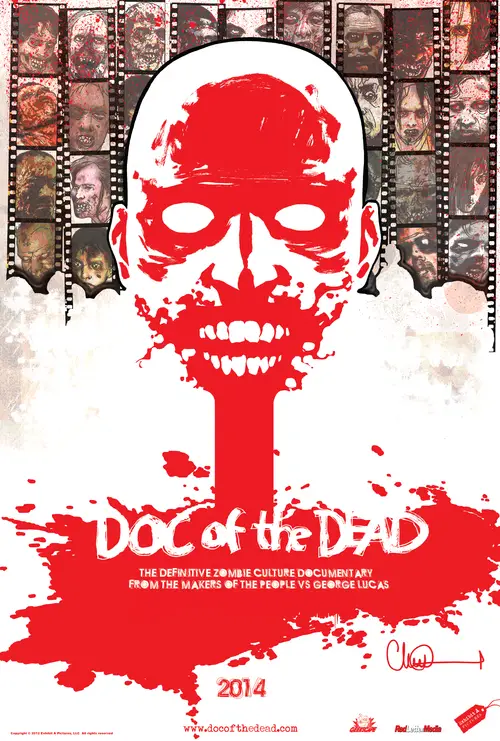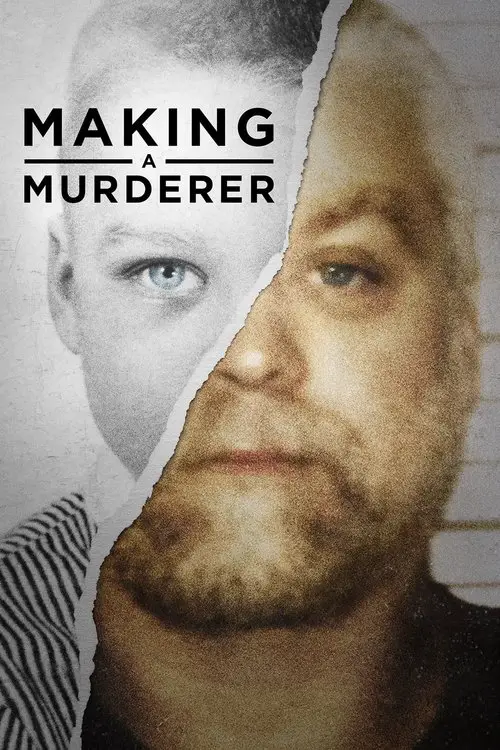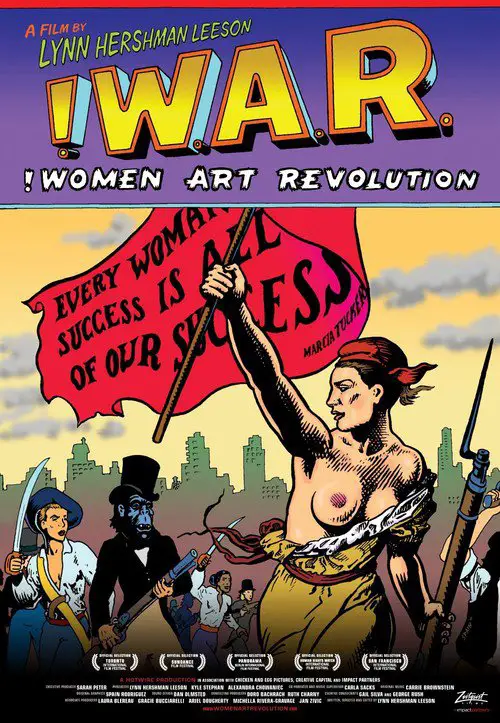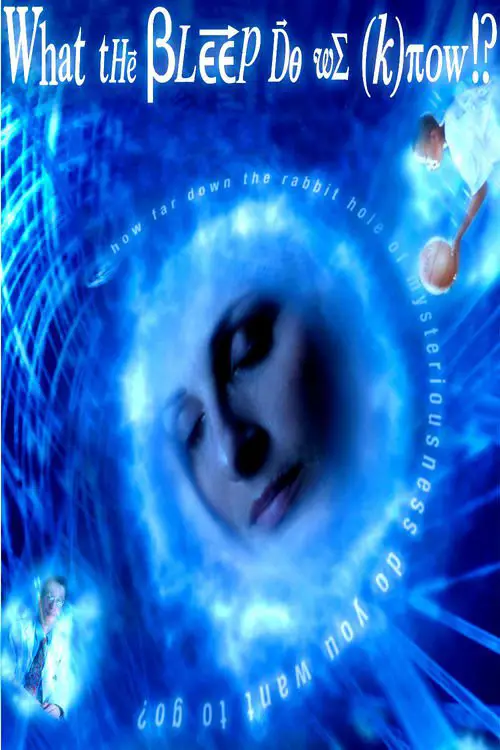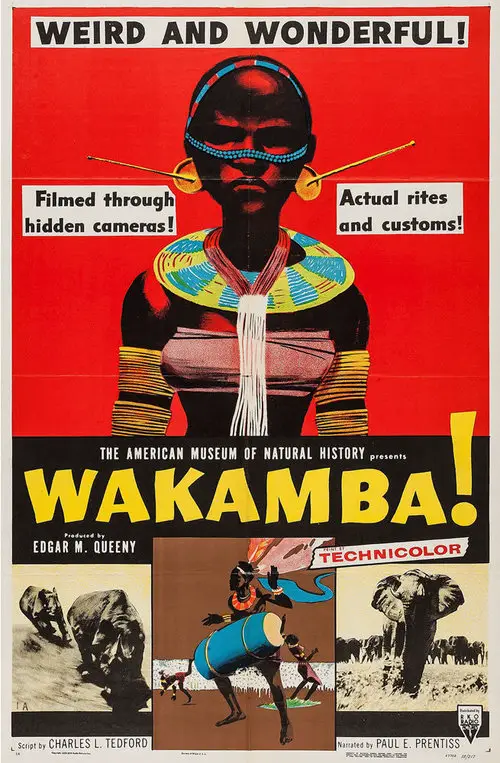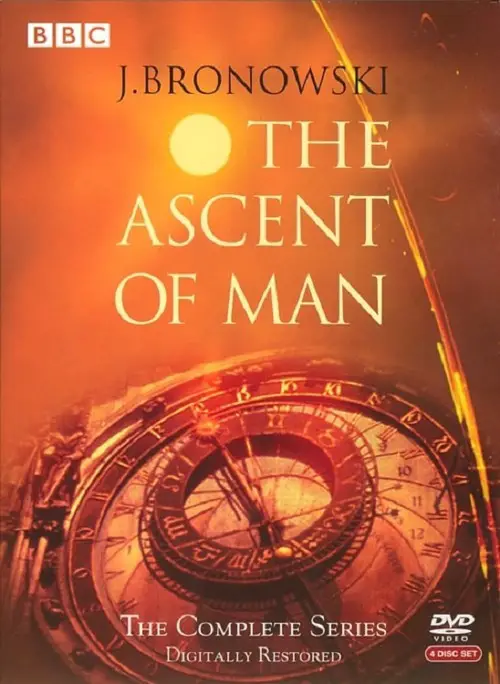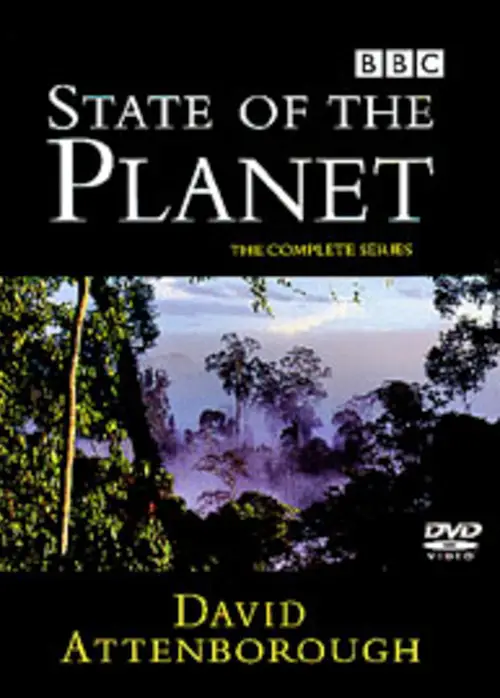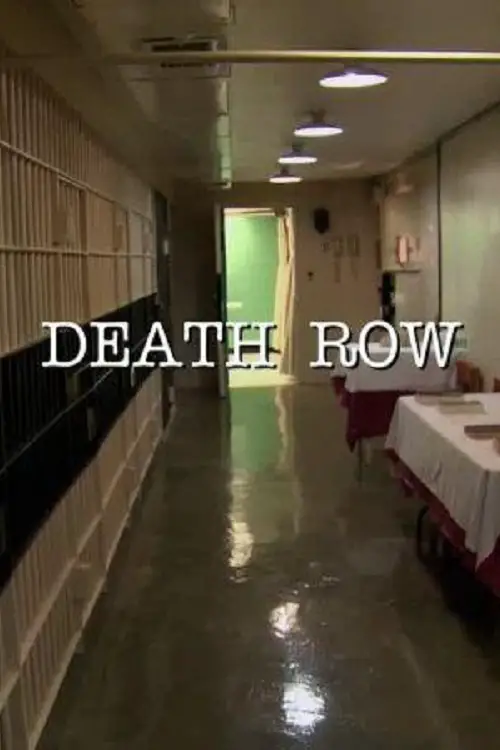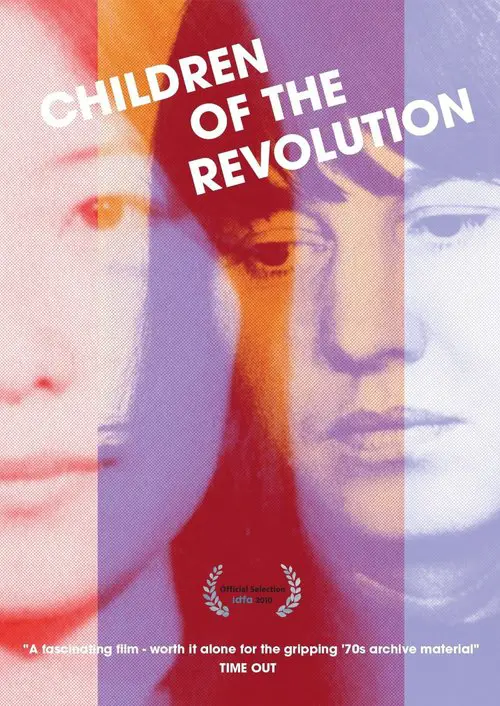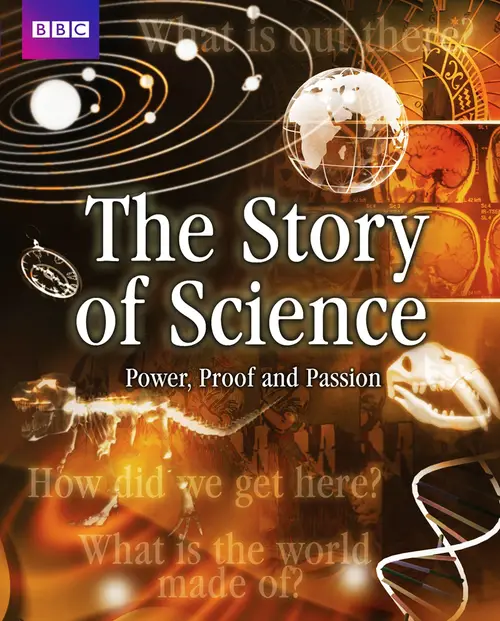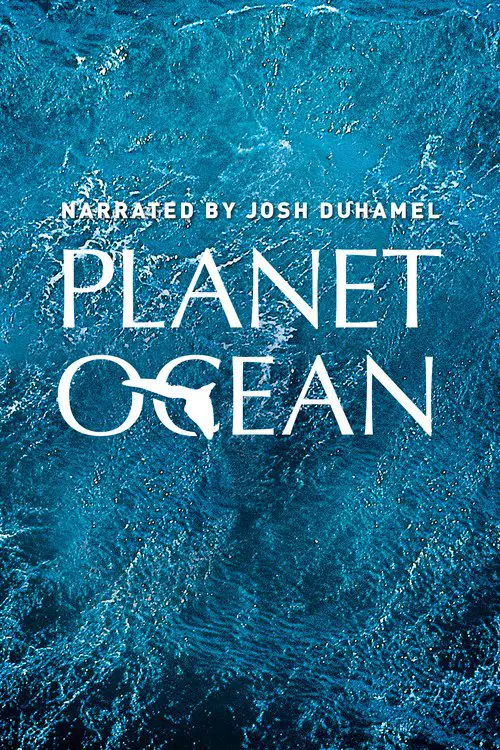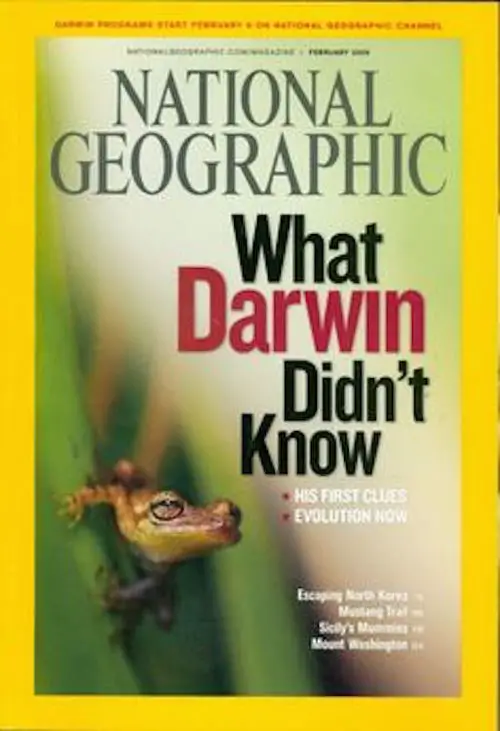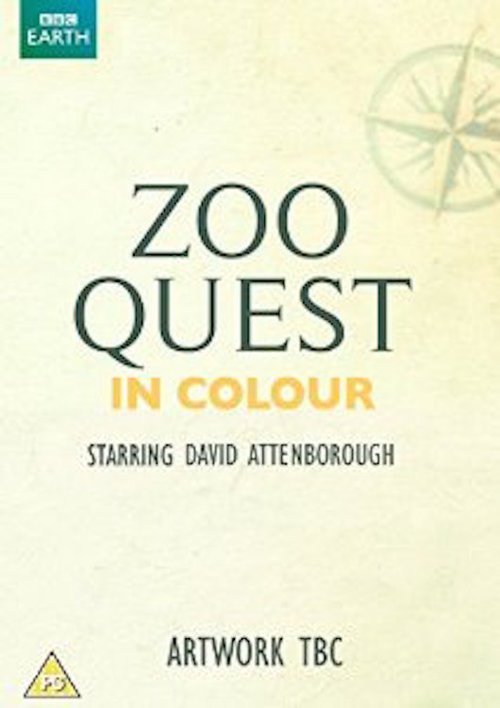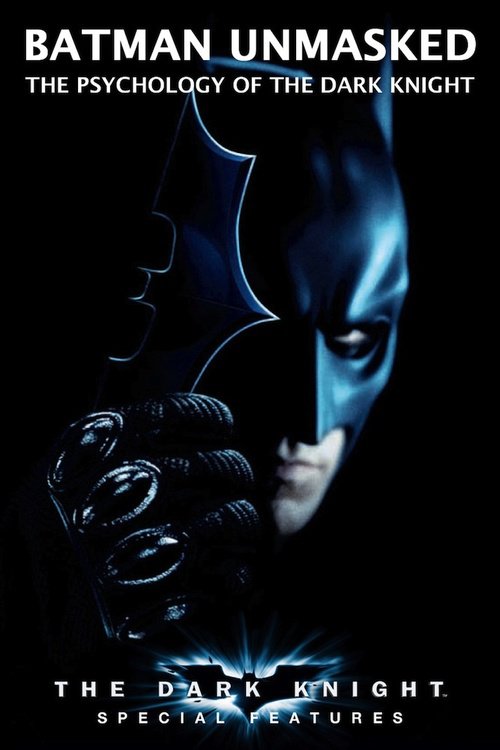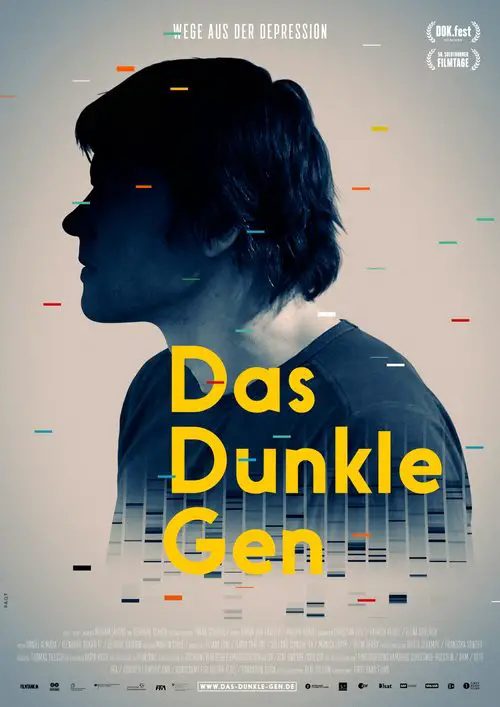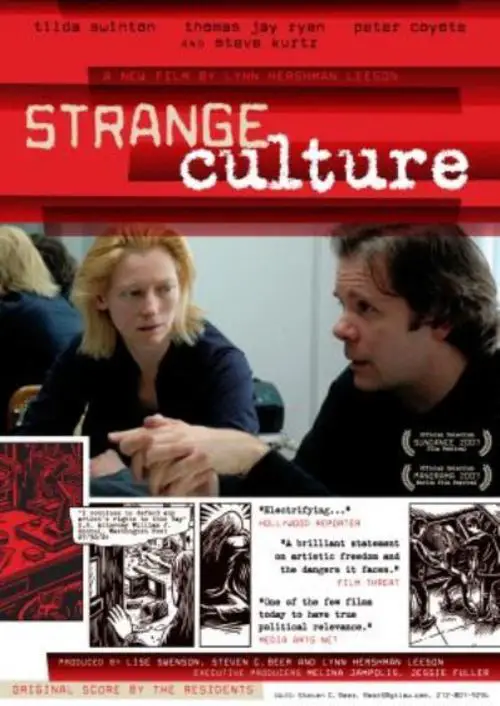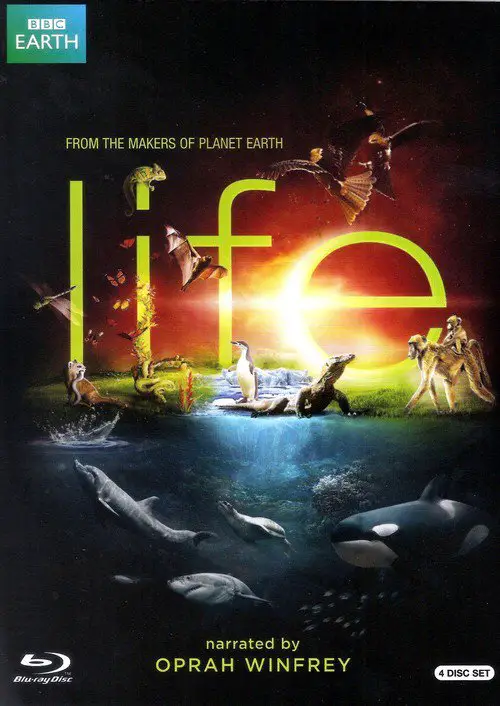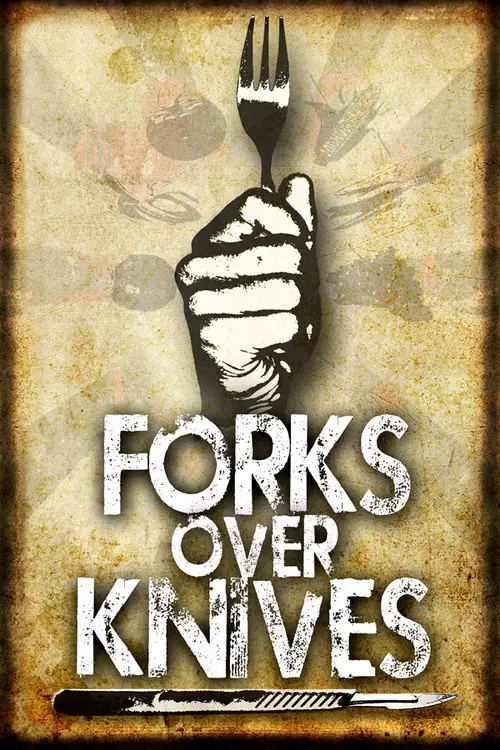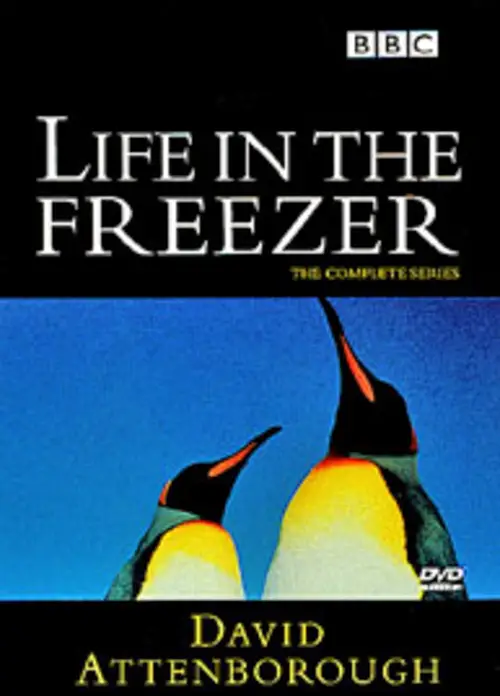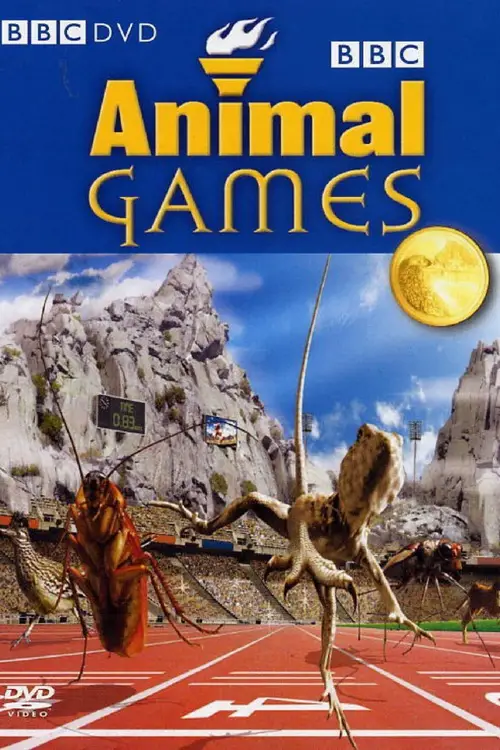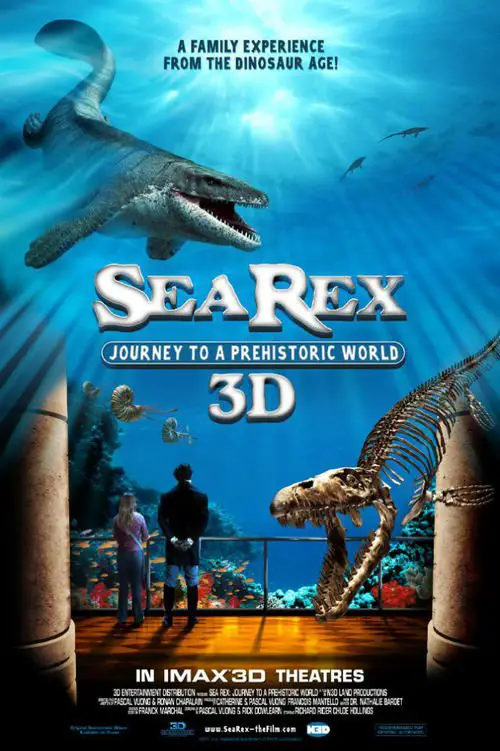What Darwin Never Knew (2009)
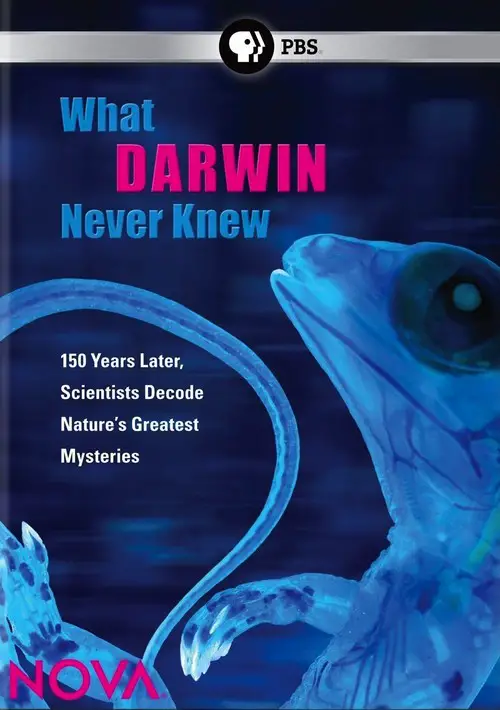
Similar movies
Most people don't think about singing when they think about revolutions. But song was the weapon of choice when, between 1986 and 1991, Estonians sought to free themselves from decades of Soviet occupation. During those years, hundreds of thousands gathered in public to sing forbidden patriotic songs and to rally for independence. "The young people, without any political party, and without any politicians, just came together ... not only tens of thousands but hundreds of thousands ... to gather and to sing and to give this nation a new spirit," remarks Mart Laar, a Singing Revolution leader featured in the film and the first post-Soviet Prime Minister of Estonia. "This was the idea of the Singing Revolution." James Tusty and Maureen Castle Tusty's "The Singing Revolution" tells the moving story of how the Estonian people peacefully regained their freedom--and helped topple an empire along the way.
The story of Franklin's epic life from humble beginnings to fame as a scientist, founding father and America's first diplomat to France. Let The Experiment Be Made (1706 - 1753) Franklin quickly rises to prominence as a printer and publisher in Philadelphia. His discoveries in the new science of electricity help free the world from the harmful effects of lightning and propel Franklin onto the world stage. The Making Of A Revolutionary (1755 - 1776) In London, Franklin finds himself in the midst of a growing dispute between England and the colonies, a dispute that turns this loyal subject of the British empire into a revolutionary and causes a tragic break with his own son. The Chess Master (1776 - 1790) Franklin embarks on the most important mission of his long life when he becomes diplomat to France during the American Revolution. After the war, he plays a critical role in creating the U.S. Constitution and becomes the only founding father to actively campaign against slavery.
A documentary series from Channel 4, hosted by professor Richard Dawkins, well-known darwinist. The series mixes segments on the life and discoveries of Charles Darwin, the theory of natural selection and evolution, and Dawkins' attempts at convincing a group of school children that evolution explains the world around us better than any religion.
Hosted by Ben Stein, this controversial documentary examines how pro-intelligent design scholars and scientists are often chastised, fired or denied tenured positions by those who believe in Darwin's theory of evolution. Nathan Frankowski's film explores how scientists who believe in God are oppressed and how the acceptance of Darwinism might have played a role in the formation of the Nazi regime.
Darwin's great insight â that life has evolved over millions of years by natural selection â has been the cornerstone of all David Attenboroughâs natural history series. In this documentary, he takes us on a deeply personal journey which reflects his own life and the way he came to understand Darwinâs theory.
The made-for-cable documentary film The Real Eve is predicated on the theory that the human race can be traced to a common ancestor. The mitochondrial DNA of one prehistoric woman, who lived in Africa, has according to this theory been passed down from generation to generation over a span of 150,000 years, supplying the "chemical energy" to all humankind.
Documentary telling the little-known story of how Darwin came to write his great masterpiece, On the Origin of Species, a book which explains the wonderful variety of the natural world as emerging out of death and the struggle of life. In the twenty years he took to develop a brilliant idea into a revolutionary book, Darwin went through a personal struggle every bit as turbulent as that of the natural world he observed. Fortunately, he left us an extraordinary record of his brilliant insights, observations of nature, and touching expressions of love and affection for those around him. He also wrote frank accounts of family tragedies, physical illnesses and moments of self-doubt, as he laboured towards publication of the book that would change the way we see the world. The story is told with the benefit of Darwin's secret notes and correspondence, enhanced by natural history filming, powerful imagery from the time and contributions from leading contemporary biographers and scientists.
Geologist Ian Stewart explain in three stages of natural history the crucial interaction of our very planet's physiology and its unique wildlife. Biological evolution is largely driven bu adaptation to conditions such as climate, soil and irrigation, but biotopes were also shaped by wildlife changing earth's surface and climate significantly, even disregarding human activity.
Featuring Michael Pollan and based on his best-selling book, this special takes viewers on an exploration of the human relationship with the plant world -- seen from the plants' point of view. Narrated by Frances McDormand, the program shows how four familiar species -- the apple, the tulip, marijuana and the potato -- evolved to satisfy our yearnings for sweetness, beauty, intoxication.
Unlocking the Mystery of Life represents a unique programming opportunity for local stations. Its broadcast release coincides with the 50th anniversary of one of the greatest scientific breakthroughs in history-James Watson and Francis Crick's discovery that the DNA molecule carries hereditary information in the form of a code that many scientists have likened to computer software or a written language. This discovery (announced on April 25,1953) sparked a scientific revolution. But it also left a fundamental question unanswered. Where did the information in DNA come from? How did the software in the cell arise? Unlocking the Mystery of Life explores these questions through the stories of a growing number of scientists who no longer believe that natural selection or chemistry, alone, can explain life's origin. Instead, they think that the microscopic world of the cell provides evidence of purpose and design in nature.
Regular opening times do not apply as we accompany Sir David Attenborough on an after-hours journey around Londonâs Natural History Museum, one of his favourite haunts. The museum's various exhibits coming to life, including dinosaurs, reptiles and creatures from the ice age. Shot by the same 3D team that worked on Gravity, examines how the animals and creatures at the London museum once roamed the earth.
A look at the world of genetically modified foods through the lens of New Mexico's iconic chile pepper. The Chile pepper defines New Mexican cuisine and is considered a sacred plant by many cultures. Despite overwhelming evidence of gene flow, persistent safety questions, predatory multinational agribusiness corporations and potential economic damage, the State of New Mexico funded research to produce a GMO chile. It was the first time a state government directly targeted a crop for genetic modification. Because the funding is public, we were able to force a rare interview with a genetic researcher at NMSU. This film is packed with information about the harmful use of GMO technology and the ignorance shown by the proponents of GMO crops.
Award-winning musician Björk and legendary broadcaster and naturalist Sir David Attenborough have admired each other's work for years but this is the first time they have discussed their mutual love of music and the natural world on screen. In this remarkable documentary, Björk explores our unique relationship with music and discovers how technology might transform the way we engage with it in the future.
The cane toad was imported from Hawaii in 1935 to save Queensland's sugar crop from the grey-back beetle. It failed because the beetle could fly and the cane toad couldn't. But the cane toad stayed to become a pest of plague proportions and part of local culture and popular mythology. This offbeat and entertaining documentary presents not just the biological information, but also the surprising range of people's attitudes to these grotesque creatures, including keeping them as pets.
When objectively considered, does contemporary scientific evidence point toward or away from a supernatural Creator? Strobel interviewed scientists and scholars from a wide range of disciplines for the answers. Based upon a New York Times best-seller, The Case For A Creator is a remarkable film about Lee Strobel's journey from spiritual skepticism to a profound faith in the God who has etched His indelible signature upon every galaxy and living cell. The Creator now revealed by 21st century science.
220 million years ago dinosaurs were beginning their domination of Earth. But another group of reptiles was about to make an extraordinary leap: pterosaurs were taking control of the skies. The story of how and why these mysterious creatures took to the air is more fantastical than any fiction. In Flying Monsters 3D, Sir David Attenborough the worldâs leading naturalist, sets out to uncover the truth about the enigmatic pterosaurs, whose wingspans of up to 40 feet were equal to that of a modern day jet plane.
Planet Earth: The Future is a 2006 BBC documentary miniseries on the environment and conservation, produced by the BBC Natural History Unit as a companion to the multi-award winning nature documentary Planet Earth. The programmes were originally broadcast on BBC Four immediately after the final three episodes of Planet Earth on BBC One. Each episode highlights the conservation issues surrounding some of the species and environments featured in Planet Earth, using interviews with the film-makers and eminent figures from the fields of science, conservation, politics, and theology. The programmes are narrated by Simon Poland and the series producer was Fergus Beeley.
Revolution is a new movie from internationally-acclaimed filmmaker Rob Stewart. A follow-up to his award-winning documentary Sharkwater, this continues his remarkable journey of discovery to find out that what he thought was a shark problem is actually a people problem. As Stewart's battle to save sharks escalates, he uncovers grave dangers threatening not just sharks, but humanity. In an effort to uncover the truth and find the secret to saving our own species, Stewart embarks on a life-threatening adventure through 15 countries, over four years in the making. In the past four years the backdrop of ocean issues has changed completely. Saving sharks will be a pointless endeavor if we are losing everything else in the ocean, not just sharks. Burning fossil fuels is releasing carbon dioxide into the atmosphere; changing the oceans, changing atmospheric chemistry and altering our climate.
Little White Lie tells Lacey Schwartz's story of growing up in a typical upper-middle-class Jewish household in Woodstock, NY, with loving parents and a strong sense of her Jewish identity â despite the open questions from those around her about how a white girl could have such dark skin. She believes her family's explanation that her looks were inherited from her dark-skinned Sicilian grandfather. But when her parents abruptly split, her gut starts to tell her something different. At age of 18, she finally confronts her mother and learns the truth: her biological father was not the man who raised her, but a black man named Rodney with whom her mother had had an affair. The Filmmakers Lacey Schwartz Producer/Director Mehret Mandefro Producer James Adolphus Co-Director http://www.itvs.org/films/little-white-lie
Today in the United States, by the simple acts of feeding ourselves, we are unwittingly participating in the largest experiment ever conducted on human beings. Each of us unknowingly consumes genetically engineered food on a daily basis. The risks and effects to our health and the environment are largely unknown. Yet more and more studies are being conducted around the world, which only provide even more reason for concern. We are the oblivious guinea pigs for wide-scale experimentation of modern biotechnology. GMO OMG tells the story of a fathers discovery of GMOs in relationship to his 3 young children and the world around him. We still have time to heal the planet, feed the world, and live sustainably. But we have to start now!
Filmed over a 10-year period, Making a Murderer is an unprecedented real-life thriller about Steven Avery, a DNA exoneree who, while in the midst of exposing corruption in local law enforcement, finds himself the prime suspect in a grisly new crime. Set in America's heartland, the series takes viewers inside a high-stakes criminal case where reputation is everything and things are never as they appear.
Amanda (Marlee Maitlin) is a divorced woman who makes a living as a photographer. During the Fall of the year Amanda begins to see the world in new and different ways when she begins to question her role in life, her relationships with her career and men and what it all means. As the layers to her everyday experiences fall away insertions in the story with scientists, and philosophers and religious leaders impart information directly to an off-screen interviewer about academic issues, and Amanda begins to understand the basis to the quantum world beneath. During her epiphany as she considers the Great Questions raised by the host of inserted thinkers, Amanda slowly comprehends the various inspirations and begins to see the world in a new way.
American docudrama film which takes place in Kenya. It is a dramatized presentation of some of the social customs of the Bantu people, as represented through a young native hunter, Tandu. Narrated by Paul E. Prentiss, the film was a co-production of the American Museum of Natural History and Jarville Studios.
Documentary which tells the story of evolution theory since Darwin postulated it in 1859 in 'On the Origin of Species'. The theory of evolution by natural selection is now scientific orthodoxy, but when it was unveiled it caused a storm of controversy, from fellow scientists as well as religious people. They criticised it for being short on evidence and long on assertion and Darwin, being the honest scientist that he was, agreed with them. He knew that his theory was riddled with 'difficulties', but he entrusted future generations to complete his work and prove the essential truth of his vision, which is what scientists have been doing for the past 150 years.
Thanks to a recent remarkable discovery in the BBC's Film Vaults, the best of David Attenborough's early Zoo Quest adventures can now be seen as never before - in colour - and with it the remarkable story of how this pioneering television series was made. First broadcast in December 1954, Zoo Quest was one of the most popular television series of its time and launched the career of the young David Attenborough as a wildlife presenter. Zoo Quest completely changed how viewers saw the world - revealing wildlife and tribal communities that had never been filmed or even seen before.
Delve into the world of Batman and the vigilante justice that he brought to the city of Gotham. Batman is a man who, after experiencing great tragedy, devotes his life to an ideal--but what happens when one man takes on the evil underworld alone? Examine why Batman is who he is--and explore how a boy scarred by tragedy becomes a symbol of hope to everyone else.
The film tells a very personal story from two perspectives: our protagonist is both doctor and patient. As a patient, he has struggled with recurring depression for years, and as a doctor he wants to find out why. The search for the origins of his illness leads him into the realm of his own genes and casts light on the fundamental changes facing modern society as a result of the tremendous progress being made in the field of genetic sequencing. Along the way, he meets a host of people â researchers, artists, visionaries â who have developed their own very individual approach to genetic coding and are drawing attention to the social significance of genetic technology. The film does not restrict itself to a scientific view of the subject but also makes use of artistic visions and more playful approaches to genetic blueprints.
Strange Culture is a 2007 documentary film directed by Lynn Hershman Leeson. It stars Tilda Swinton and Thomas Jay Ryan. It premiered January 19, 2007 at the 2007 Sundance Film Festival. The film examines the case of artist and professor Steve Kurtz, a member of the Critical Art Ensemble (CAE). The work of Kurtz and other CAE members dealt with genetically modified food and other issues of science and public policy. After his wife, Hope, died of heart failure, paramedics arrived and became suspicious when they noticed petri dishes and other scientific equipment related to Kurtz's art in his home. They summoned the FBI, who detained Kurtz within hours on suspicion of bioterrorism.
David Attenborough's legendary BBC crew explains and shows wildlife all over planet earth in this 10-episode miniseries. The first is an overview the challenges facing life, the others are dedicated to hunting, the deep sea and various major evolutionary groups of creatures: plants, primates and other large sections of other vertebrates and invertebrates.
As the human world gathers to stage the Olympic Games, this programme looks at what would happen if animals were to do the same. Competitors from the mammal, bird, insect, reptile and fish nations are scaled to human size as they compete in Olympic events. On screen BBC sport graphics impart facts and figures, with commentary from John Motson and Jonathan Pearce.
Through the power of IMAX 3D, experience a wondrous adventure from the dinosaur age. Join Julie, an imaginative young woman, in a unique voyage through time and space. Explore an amazing underwater universe inhabited by larger-than-life creatures which were ruling the seas before dinosaurs conquered the earth. See science come alive in an entertaining manner and get ready for a face-to-face encounter with the T-Rex of the seas!
© Valossa 2015–2026
| Privacy Policy

